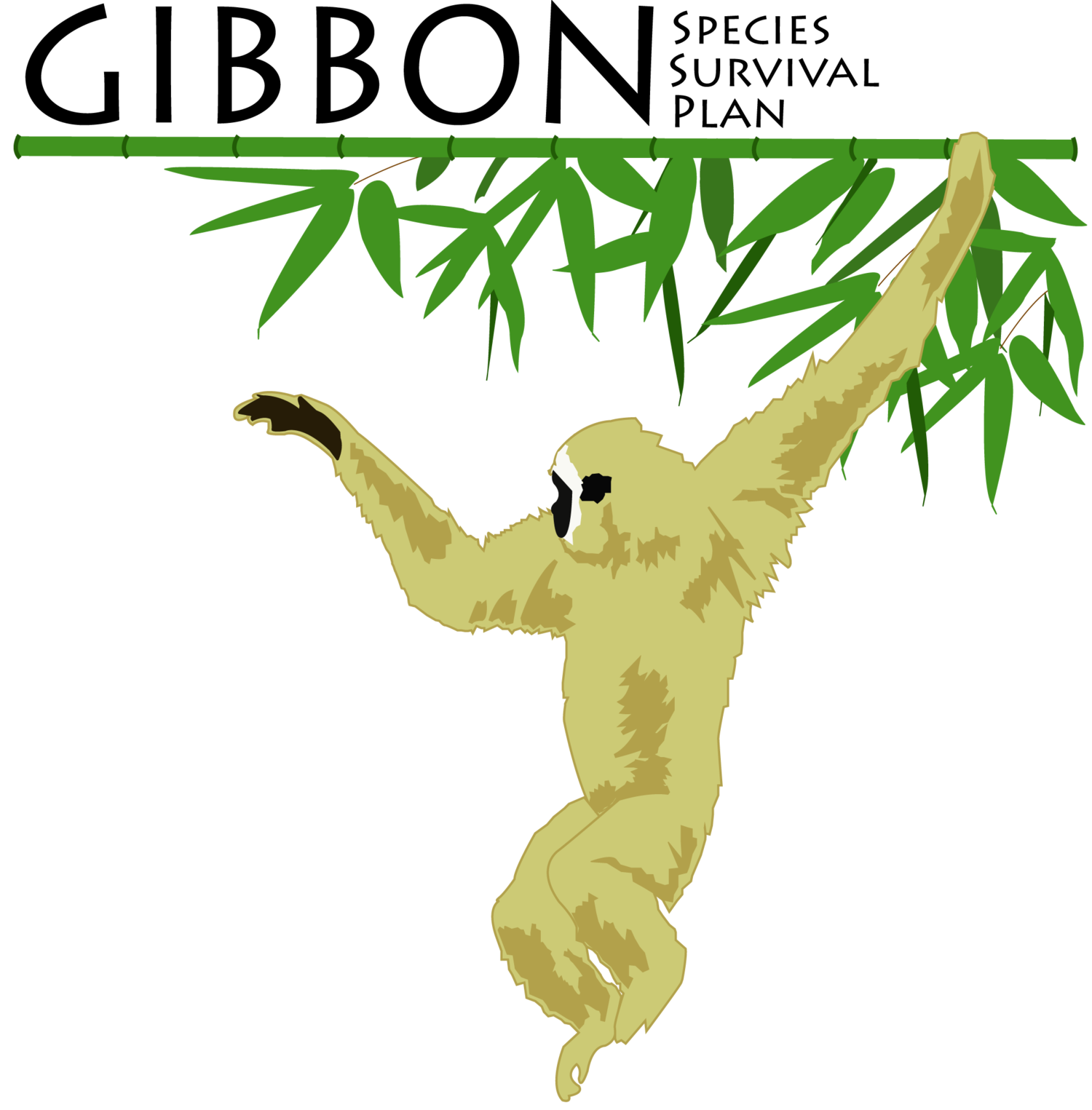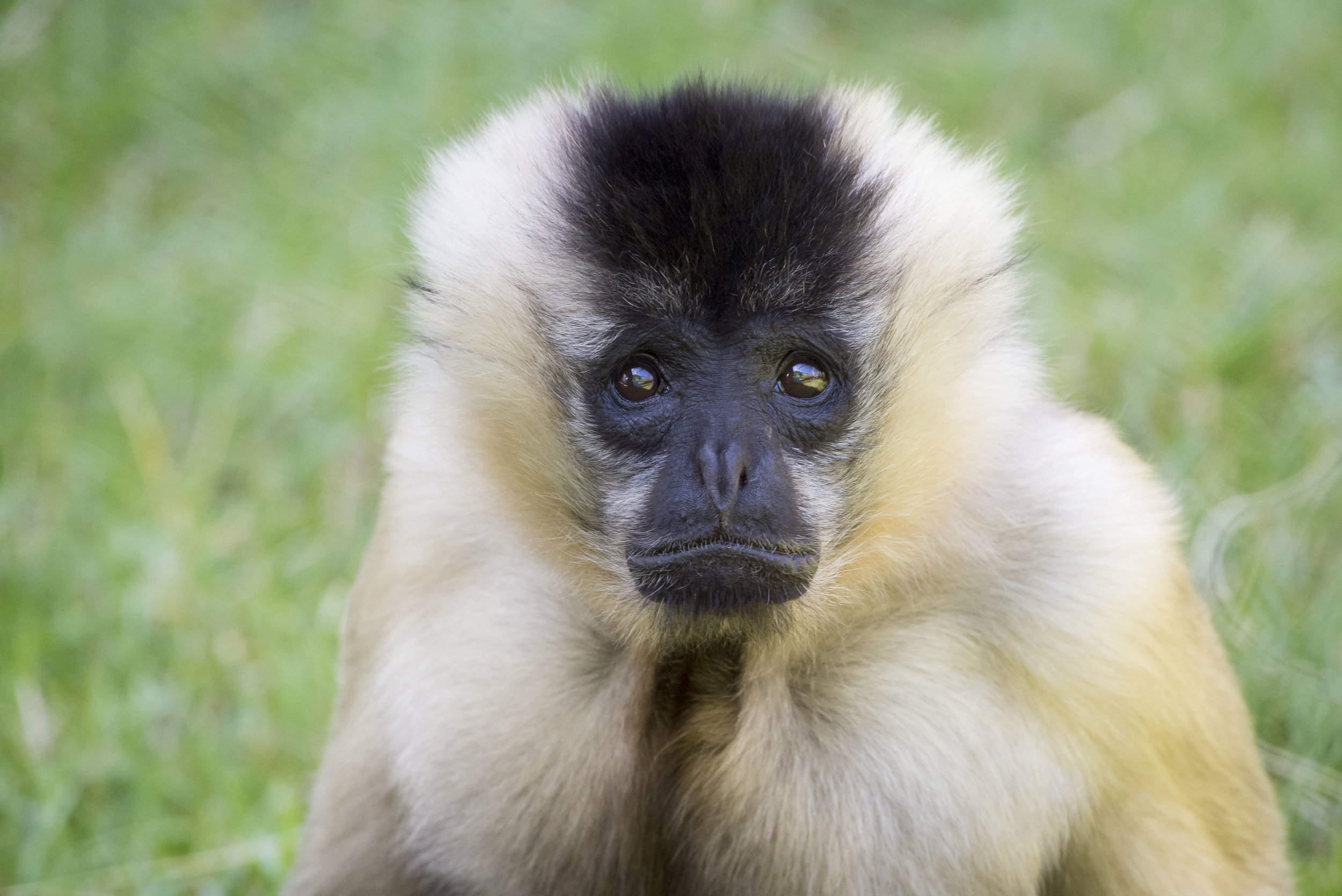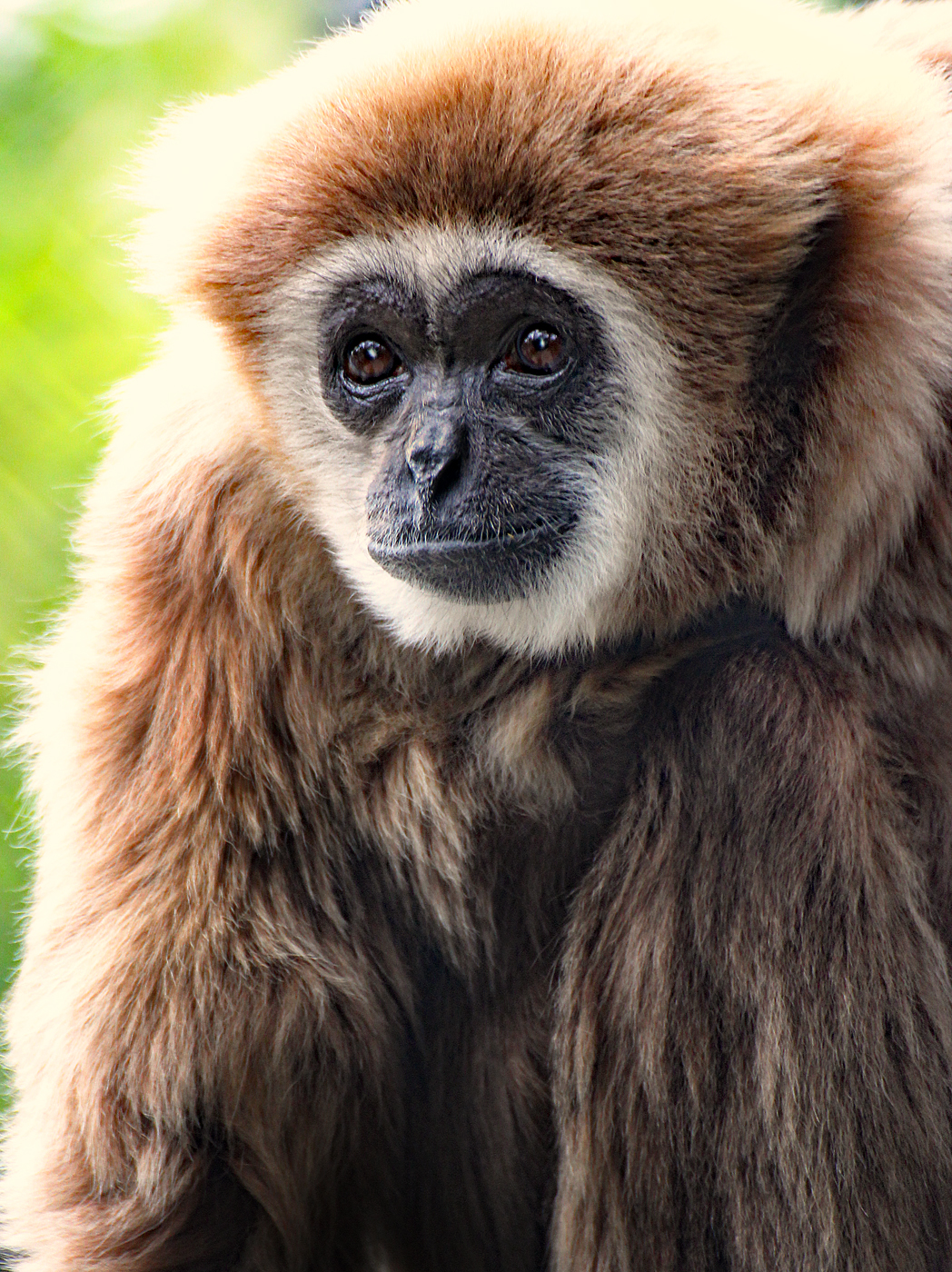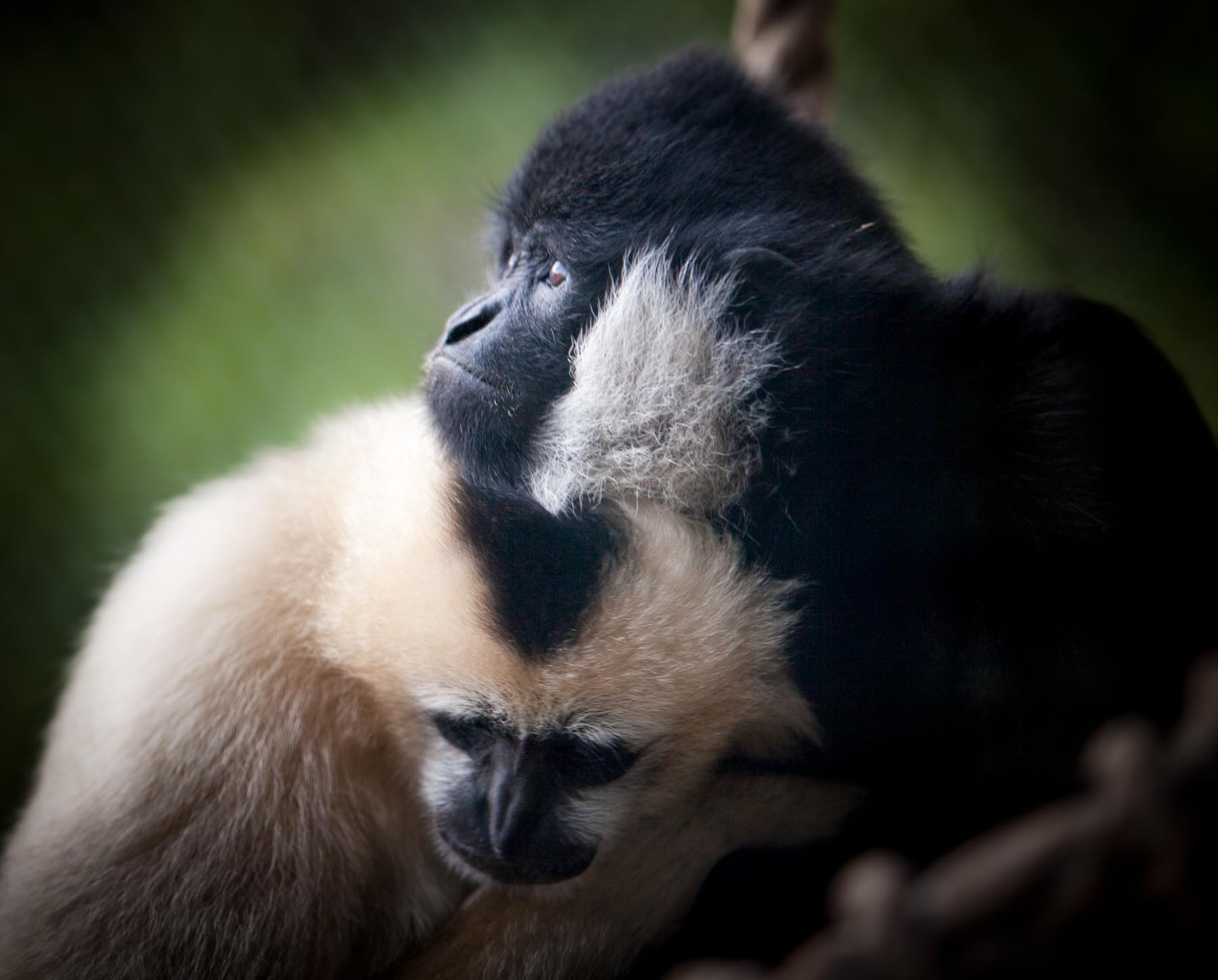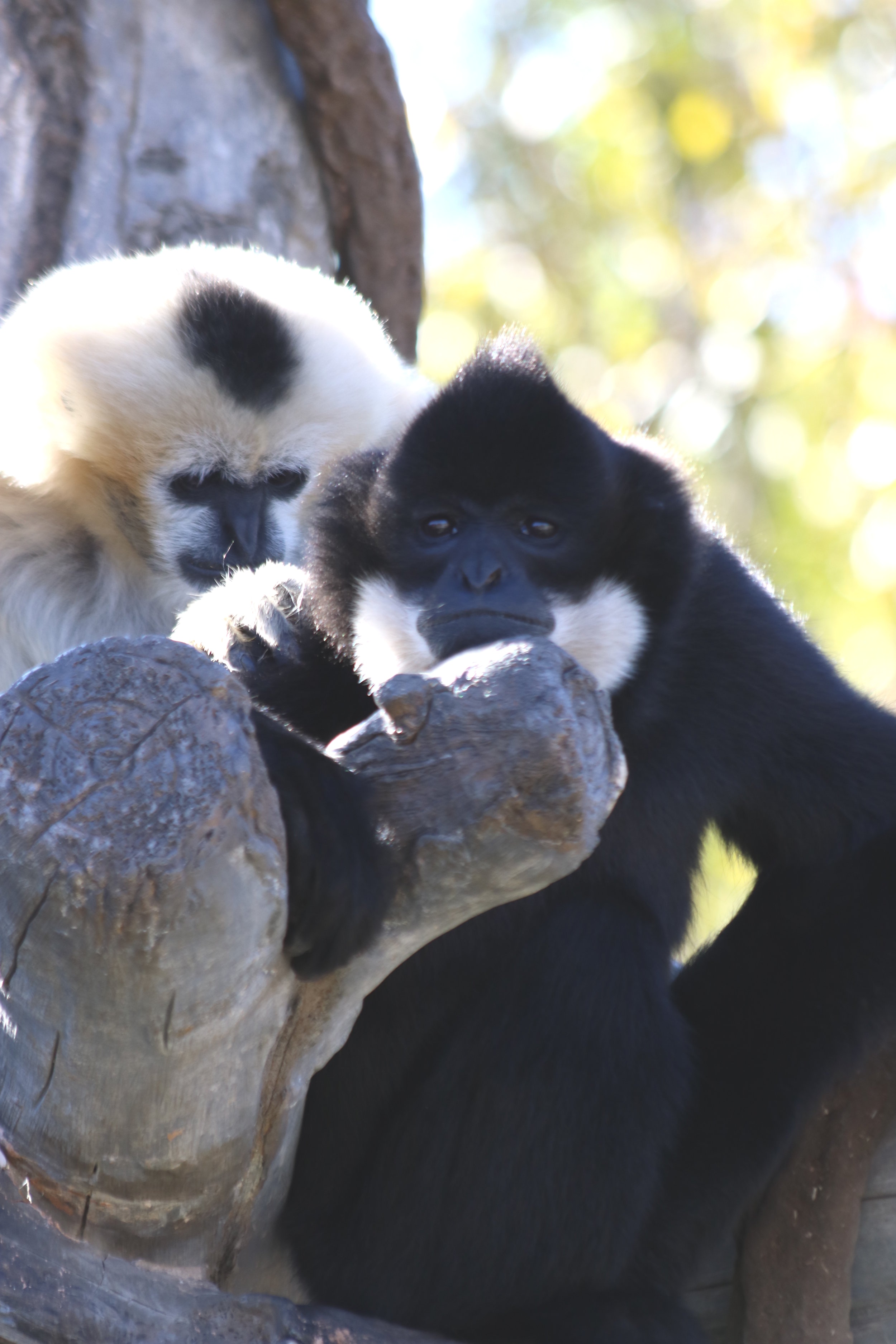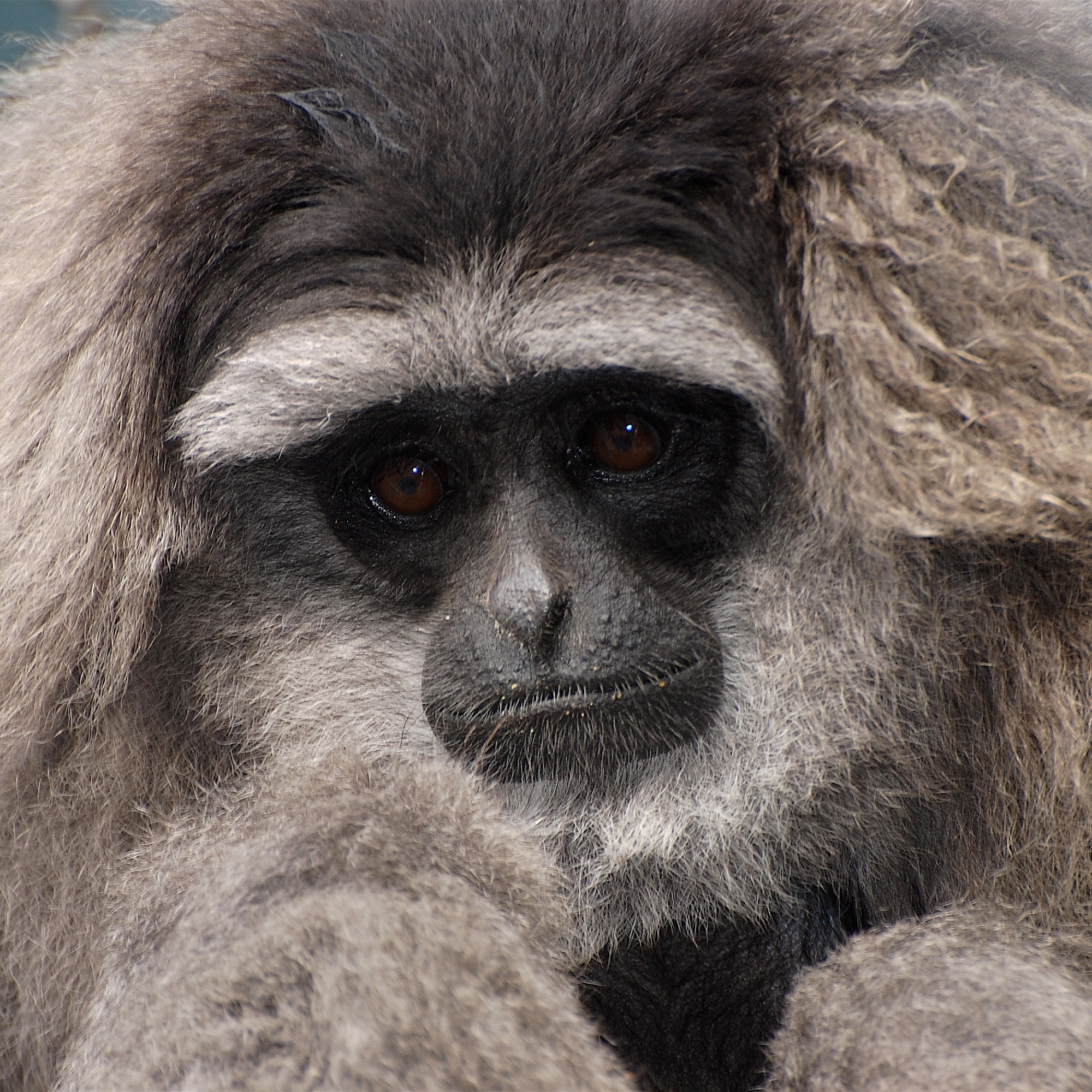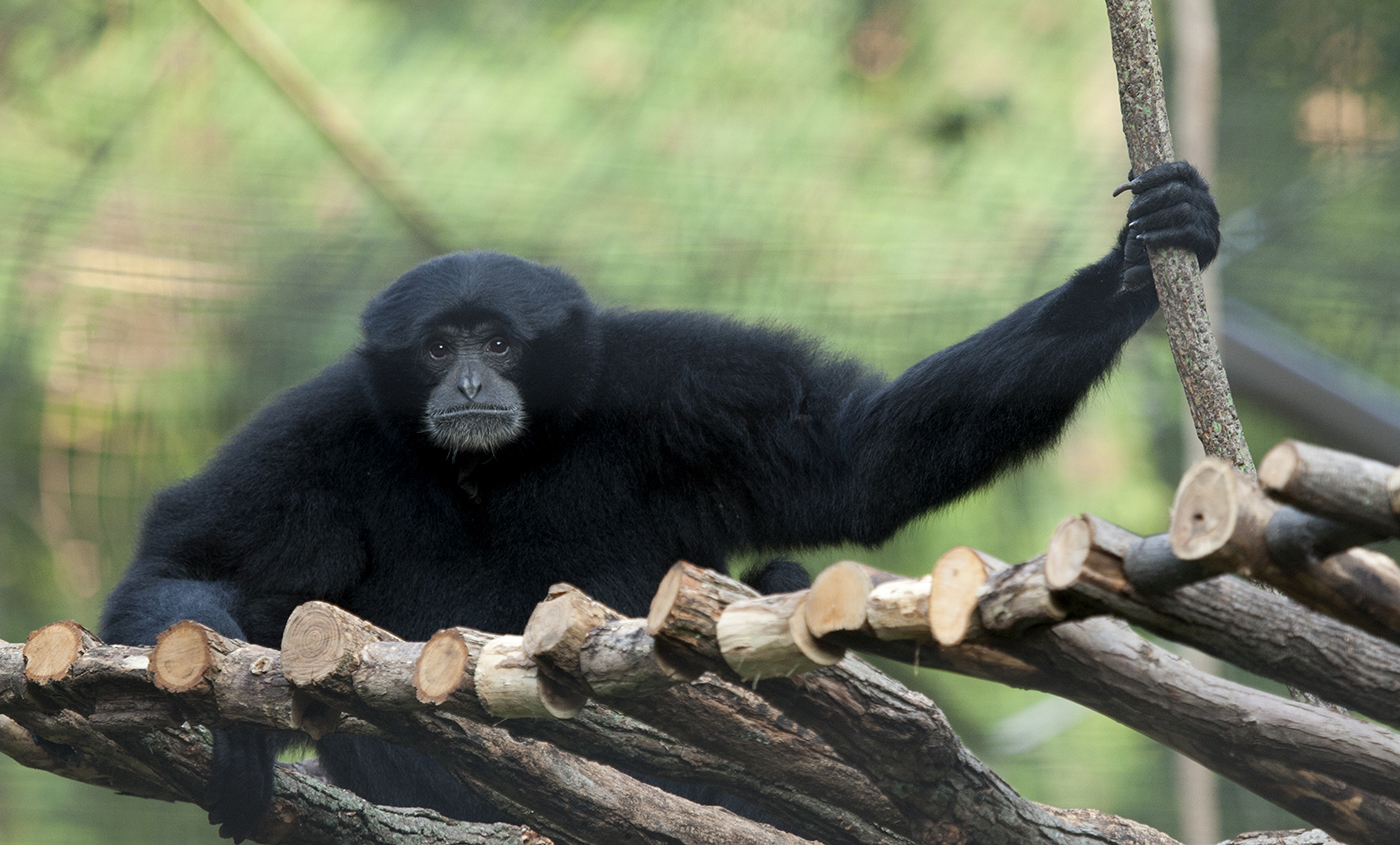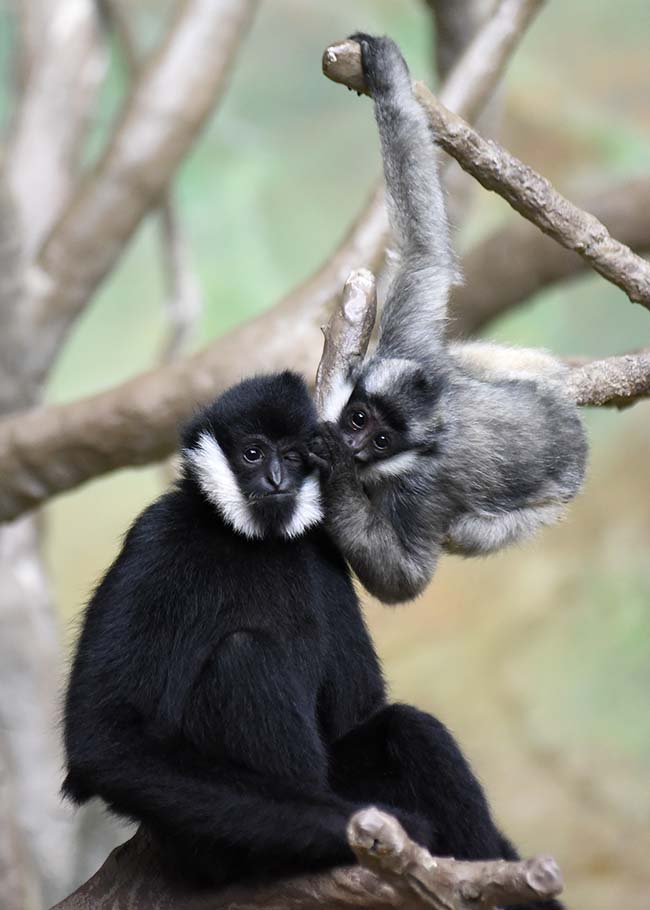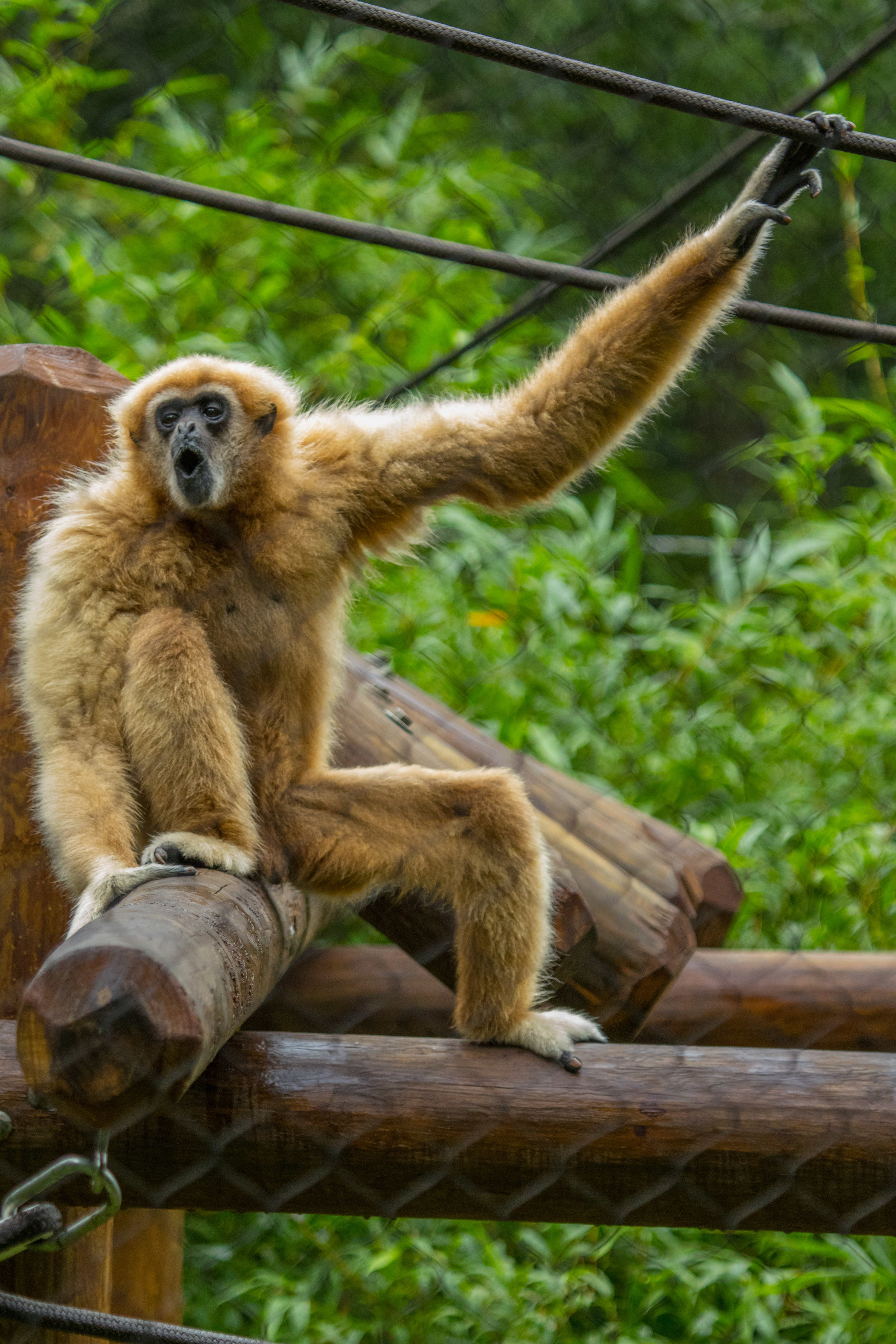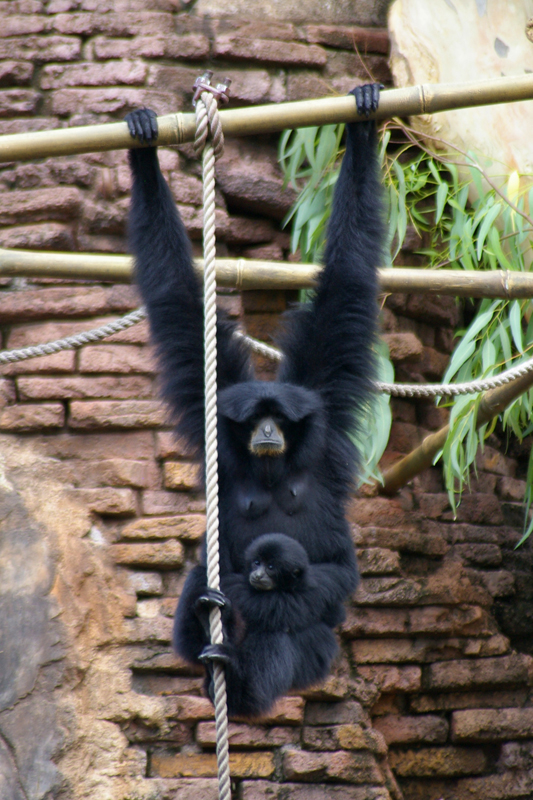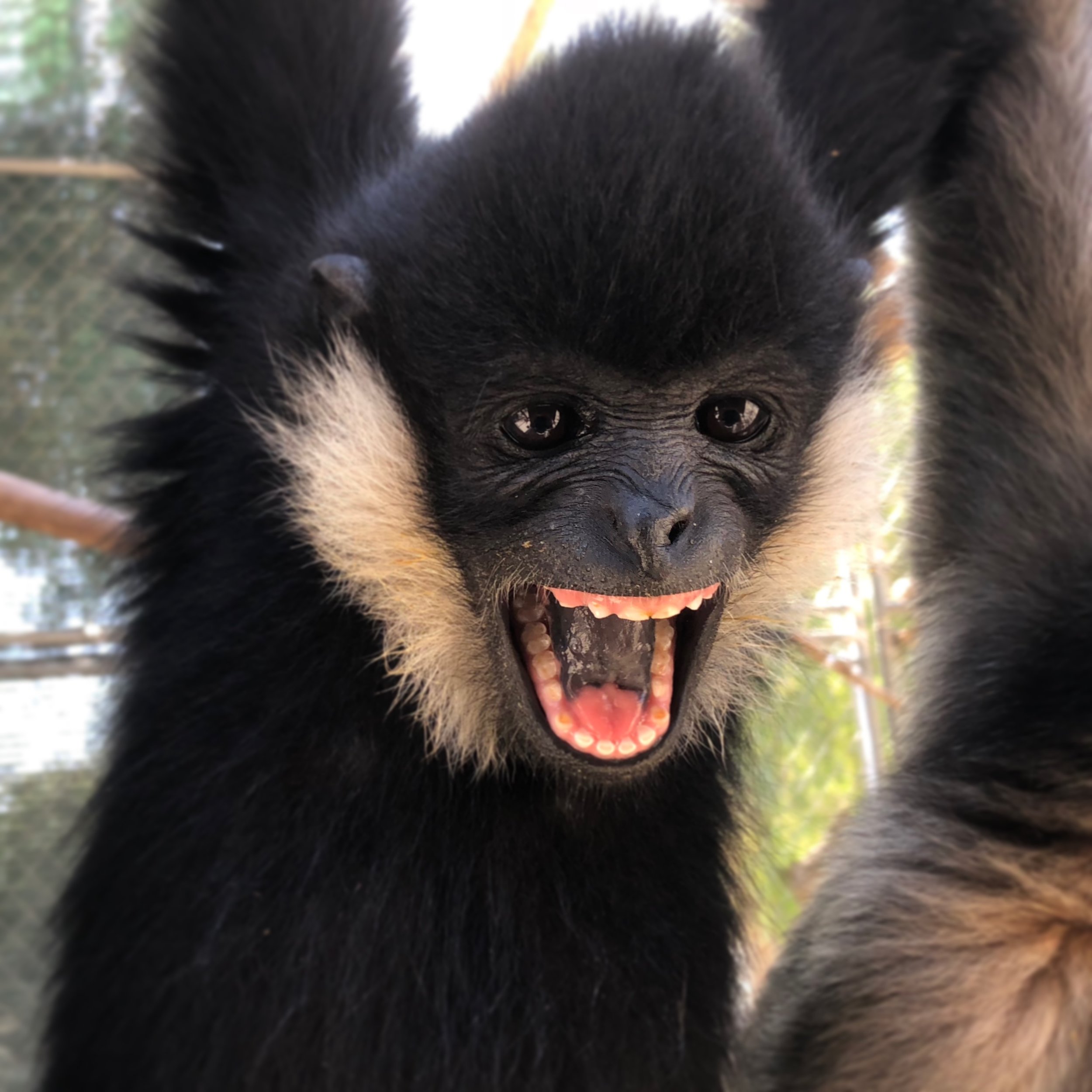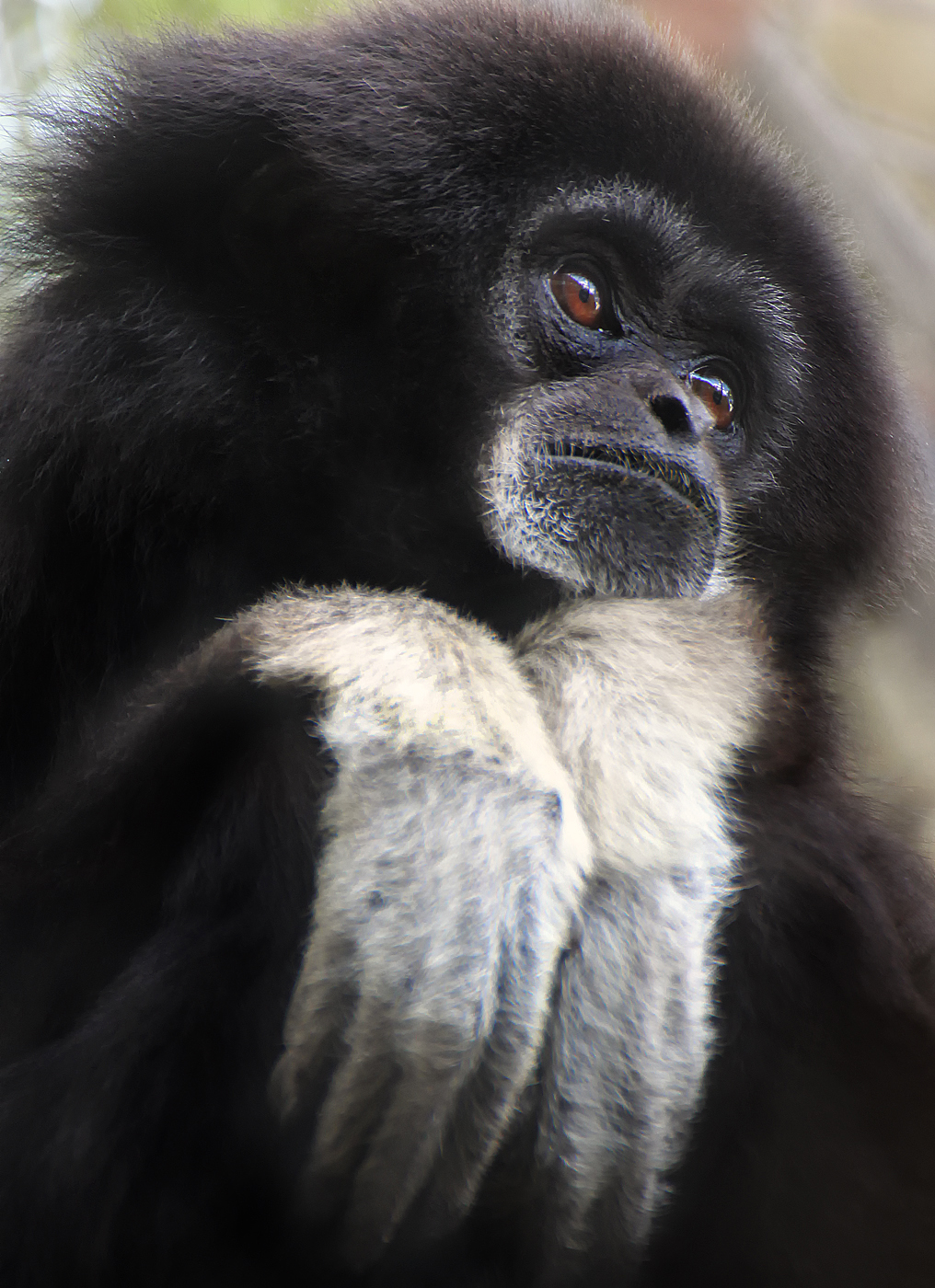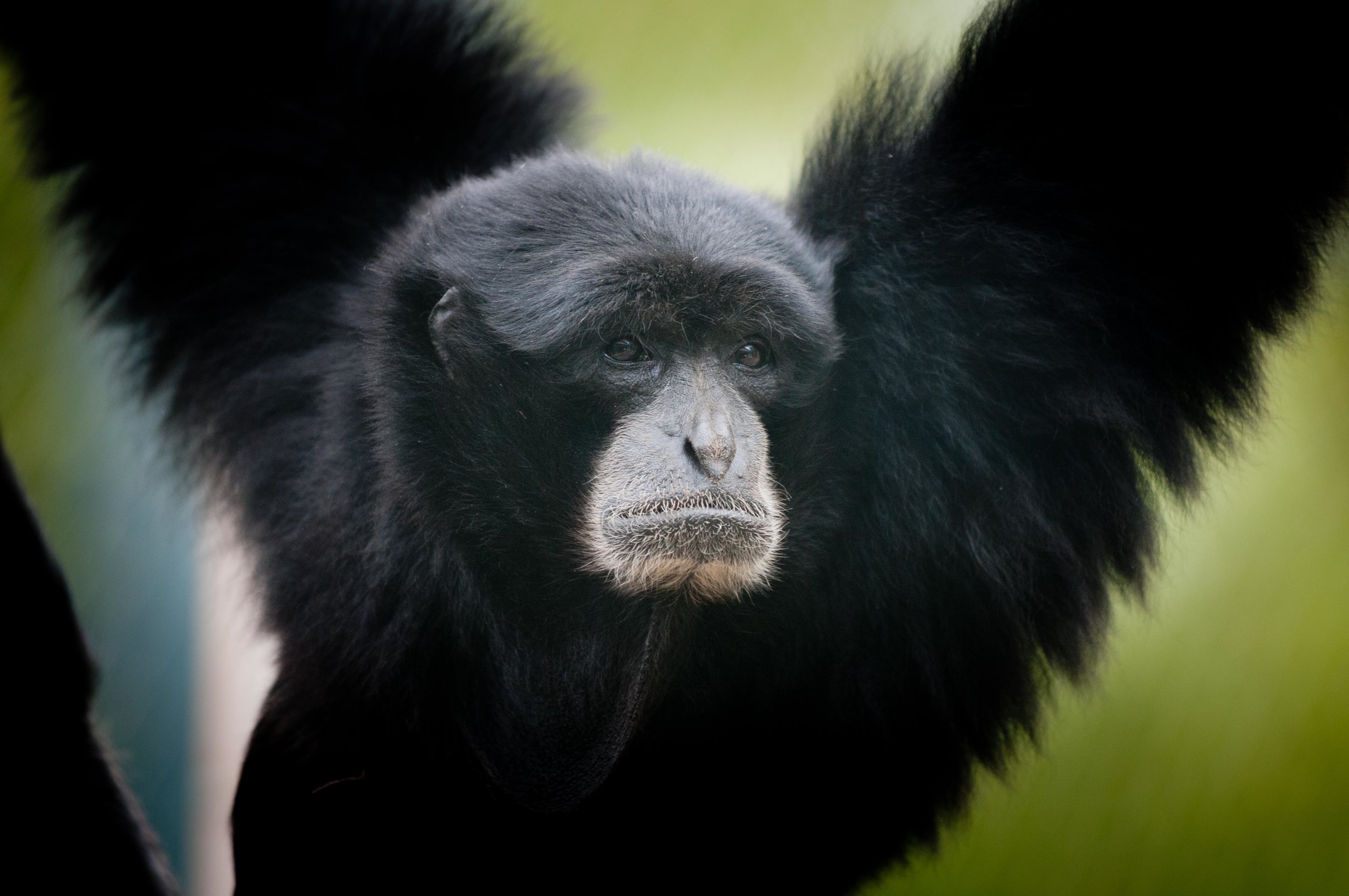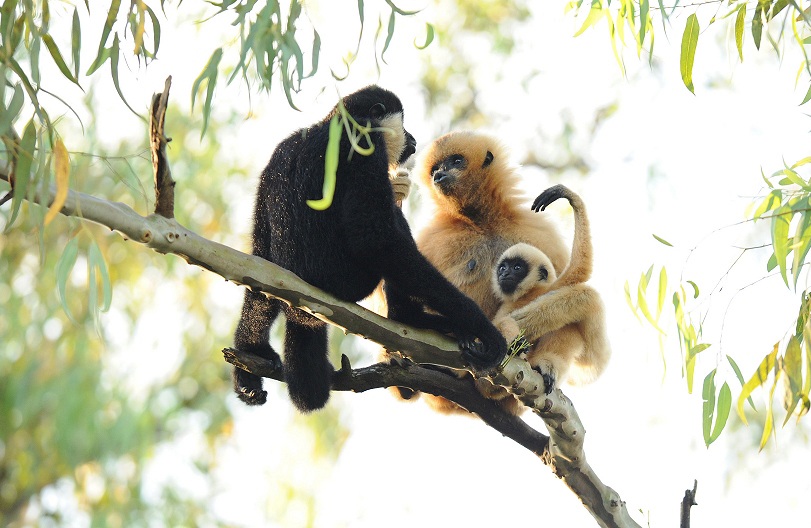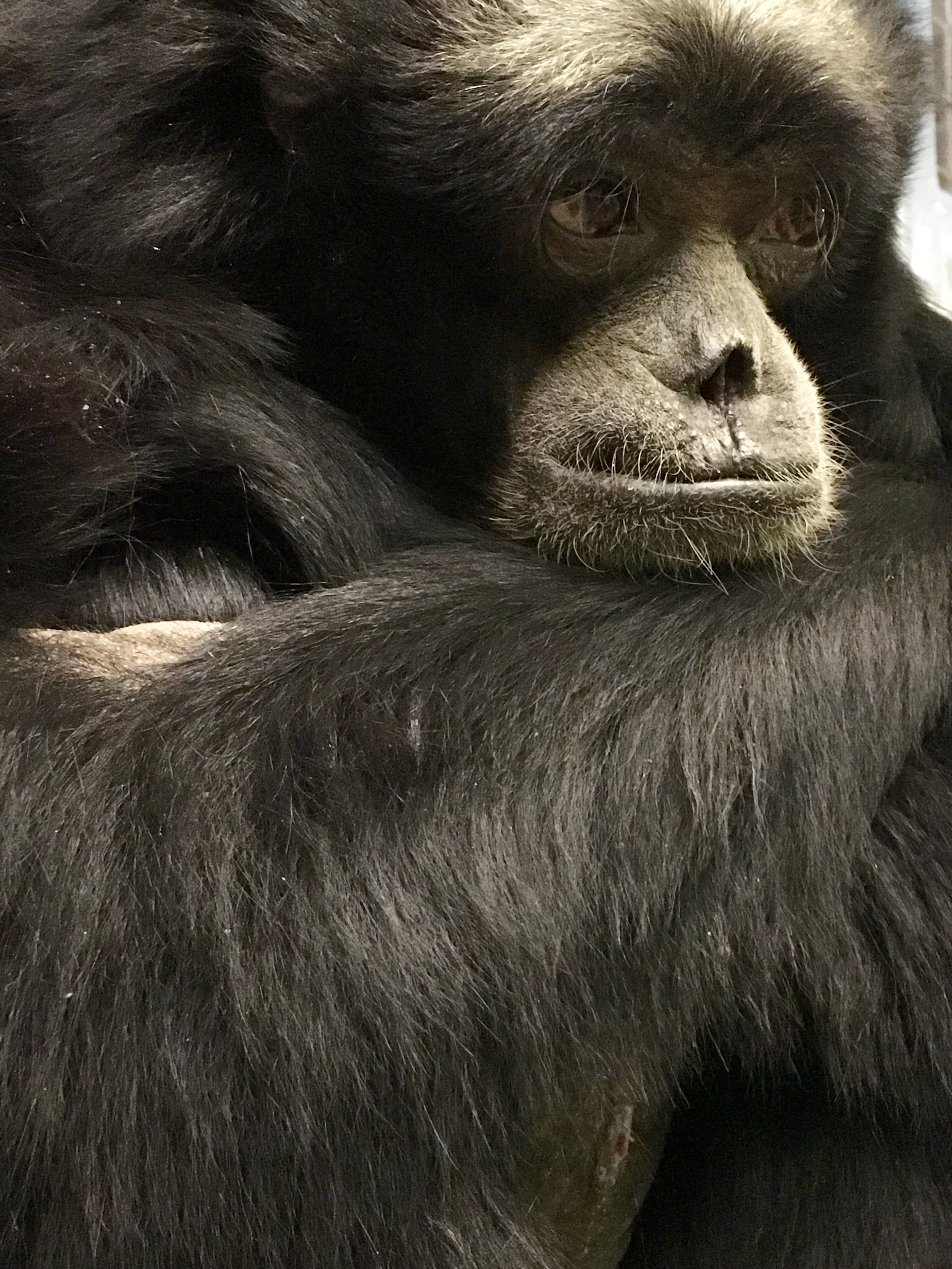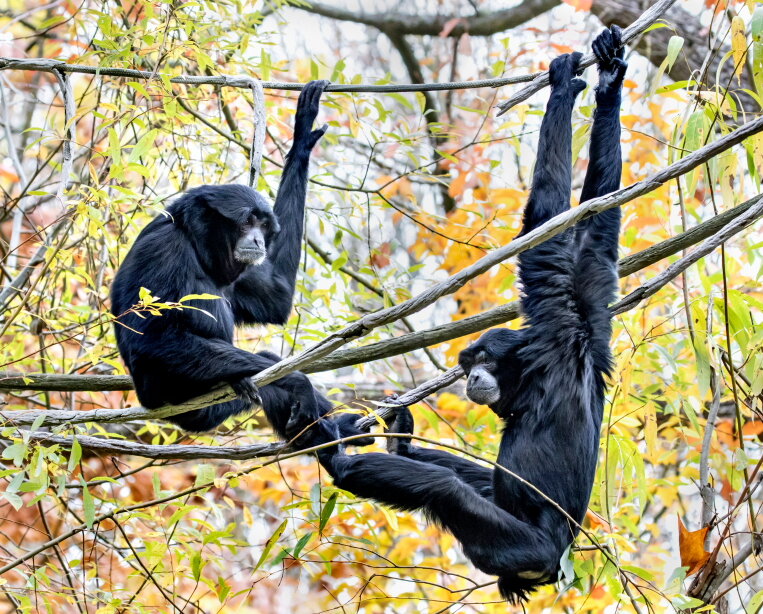The Gibbon SSP is dedicated to providing progressive and timely support to AZA-accredited and SSP-partner institutions in order to ensure the highest standards of husbandry and welfare for gibbons in managed care.
Gibbon News
partnership with Peppermint narwhal to support gibbon safe projects
SAFE Gibbon has partnered with Peppermint Narwhal to create a white-cheeked gibbon pin! A portion of the sales of this pin will support SAFE gibbon Projects. Be sure to get you (and all your friends) one today. Follow the link below to Peppermint Narwahl’s site.
updated measles recommendations
Important health information that could impact your primates and the humans that care for them:
Measles cases are on the rise across the U.S. and globally. In the US, after the development of clinical cases in Texas following a decline in vaccination rates, and the virus has now spread to many states across the country. It is anticipated that cases will rise with increase in travel during the summer months. This disease is highly contagious but preventable with vaccination, and we want to make sure everyone is aware of the current situation and how we can all play a role in preventing its spread – especially to the vulnerable populations in our care. Click below for more information.
New gibbon-based game in apple arcade
“Apple Arcade debuts Gibbon: Beyond the Trees, taking us on an ‘ecological adventure’ while also raising awareness about climate change and the endangered fate of a family of apes.”
-Mikhail Gomes (Features Editor, Lifestyle Asia India & Contributor - Augustman)
saving primates where they live
“The American Society of Primatologists (ASP) is the largest professional society of primatologists in North America. We aim to study and protect some of the world’s most endangered lemurs, monkeys and apes.
Unfortunately, more than 65% of primate species are threatened with extinction.
Major threats to primates include deforestation, mining, development, commercial agriculture, and hunting.”
Learn more about the conservation efforts being lead by the American Society of Primatologists and how you can help by clicking below:
responsible Use of images of non-human primates on social media
The IUCN/SSC Primate Specialist Group has created guidelines for appropriate use of non-human primates in images on social media. It can be tempting for professionals to post photos or video of them working with primates, however, images lacking context can be misconstrued and can inadvertently fuel the wildlife trade in range countries. Please read the guidelines and commit to supporting wild gibbons.
IUCN SSC Best practice guidelines for responsible images of non-human primates
